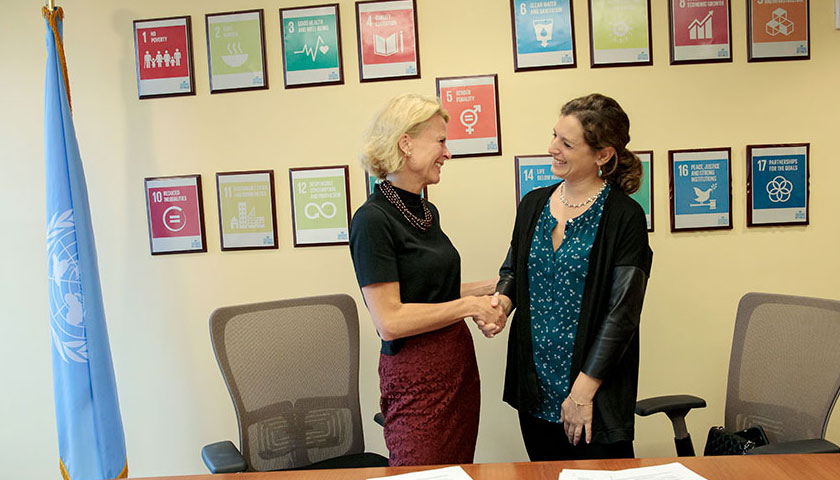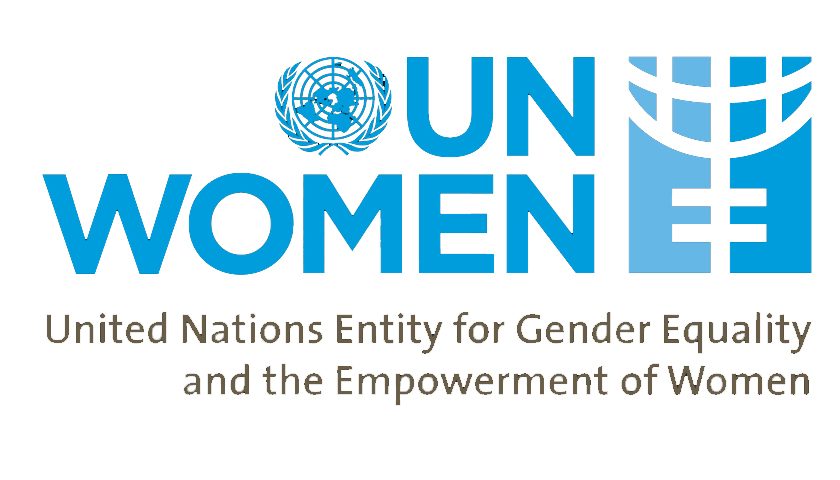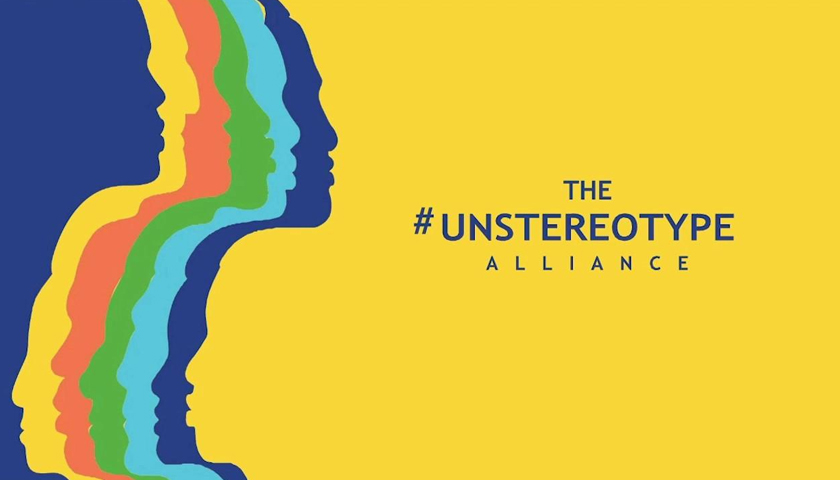Fondation CHANEL and UN Women have announced a three-year programme to accelerate rural women’s economic empowerment, many facing the brunt of climate change, in South and East Asia by addressing the barriers women entrepreneurs commonly face through business skills training, financial services and support networks of peers and mentors.
With an investment of USD 3 million, Fondation CHANEL–in line with its mission and commitment to gender equality and the Sustainable Development Goals (SDGs)—will support UN Women’s programming in China, Nepal and Viet Nam. The initiatives will support a range of actions from promoting laws and policies that provide women protection and equal rights at a policy level, to employment and income-generating opportunities for women.
“Now more than ever, the world needs to unleash women’s talent and energy if we are to make our economies and societies stronger. Women represent half of the population, but more than half of the opportunity for development. Foundations, like Fondation CHANEL, are realizing that investing in women is an essential ingredient in the formula for success”, said Assistant -Secretary-General and Deputy Executive Director of UN Women Åsa Regnér. “By addressing the barriers to women’s economic empowerment, together we can help tap into a huge potential that is currently undervalued and underutilized, improving the lives of those individual women and building stronger communities and markets”.
“We are pleased to continue our work to empower women in communities around the world with the help of our partner UN Women”, said Miren Bengoa, Executive Director of the Foundation. “This partnership is an essential step for Fondation CHANEL to engage further with women in Asia. We aspire to support social changes that enable girls and women to lead and make their own decisions with an equal voice.”
In China, the Fondation CHANEL-funded initiative aims to reduce poverty among women farmers by helping them become more economically resilient and prepared to deal with the impact of climate change through improving their access to productive assets, finance tools, technologies, and opportunities for moving up the value chain. The project is aligned with China’s national poverty reduction goals, as well as the SDGs, for delivering gender equality and women’s economic empowerment in selected poverty-stricken counties in Qinghai Province.
The project in Nepal, along with boosting women’s economic empowerment by ensuring their access skills, resources, technology and information, will address the social dimension of the challenges that restrict women’s full participation and contribution to the country’s economic growth and development. Considering the specific vulnerability of women to climate change impact in Nepal—one of the most disaster-prone countries in the world— the implementation of the programme will include alternative livelihood strategies through income diversification.
In Viet Nam, the programme will help to increase women’s resilience to natural hazards, disasters and climate change through propelling leadership and decision-making of women in rural areas. The programme will focus on building capacity of national institutions, as well as women’s participation and voice to advocate for their needs and integrating gender concerns into the policy-making process, specifically agriculture and disaster risk reduction policies. At the same time, it will strengthen the individual capacity of rural women, especially from ethnic minority groups in disaster prone areas, to develop stronger and/or alternative livelihood models for their economic empowerment and resilience helping them, and their communities, to better prepare, respond and adapt to disasters and climate change impacts.
Lessons learned from the programmes in China, Nepal and Viet Nam will feed back into policy recommendations and community efforts to better prepare, respond and adapt to disasters and climate change.


